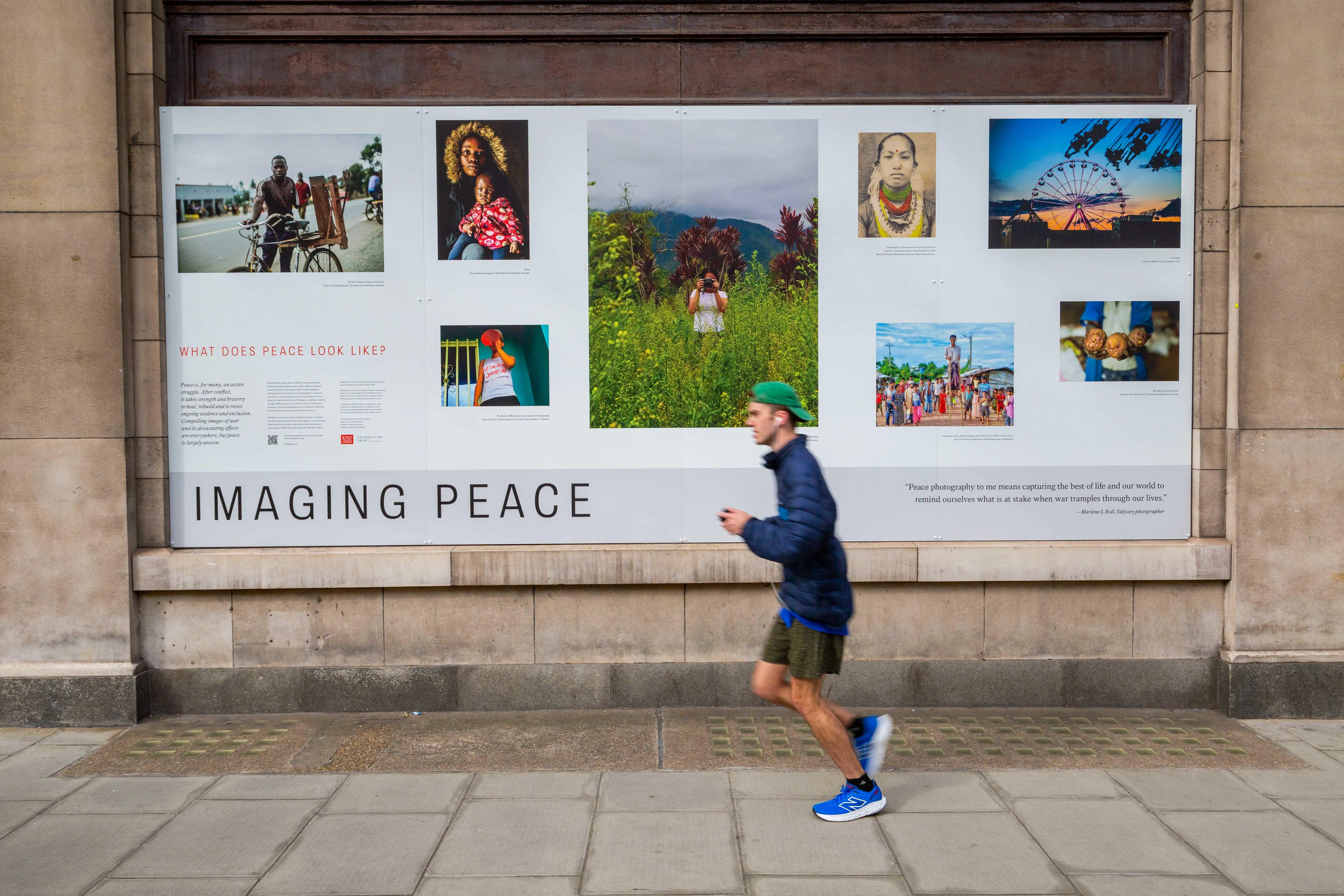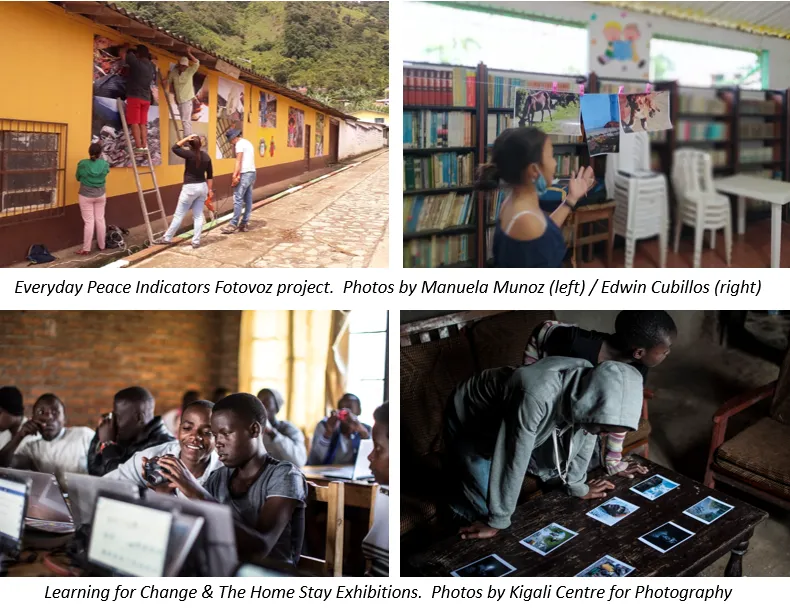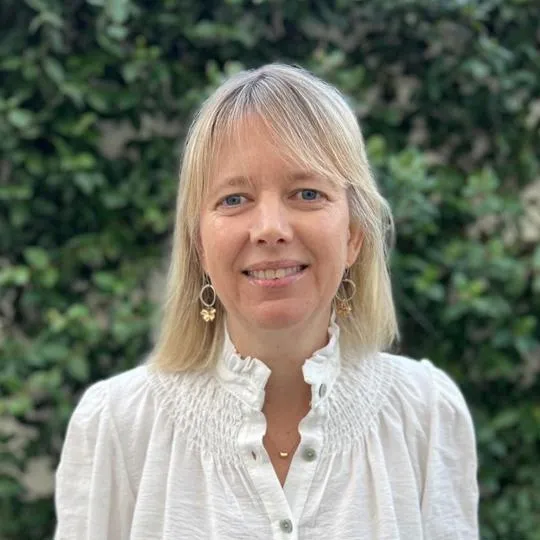Imaging Peace


Aims
Photography plays a potent role in war and conflict, but little thought has been given to its contribution to peace. How are images and image-making used to build peace and dialogue?
Imaging Peace is a 3-year Leverhulme Fellowship research project, led by Dr Tiffany Fairey, that will investigate the critical and neglected relationship between photography and peacebuilding. It will examine the history and practice of community-engaged photographic practices in five post-conflict countries to build the first comparative, multi-country study of peace photography.
Despite significant scholarship on the photography of war, violence and suffering very little research has explored the visuality of peace. This is a conspicuous omission in our accelerated visual age where images are persistent forces that shape memory, perceptions, history and politics as much as they depict them. Arts and culture are increasing seen as go-to alternative peace-building tools but to date research has focused on the arts generically or on the performative arts and on short-term singular project interventions.
Recent studies propose a new agenda for visual peace research. They underline the urgent need, given the speed at which images are now created and circulated and the ways images are harnessed to foment conflict and division, to more systematically understand the political significance and effect of images on post conflict peacebuilding in diverse cultural settings (Bleiker 2018, Möller 2019).
Imaging Peace takes up the question: What does a photography of peace consist of (Ritchin 2013)? Working with photographers, research partners and collaborators in different countries dealing with recent histories of conflict and violence, Imaging Peace will research the history, practice and methods of community engaged, photography interventions that work as forms of peace photography or strategic visual peacebuilding. The research will examine culturally specific and plural histories of noteworthy community engaged photography interventions where images and image-making are being strategically used to build relations, to catalyse dialogue and to create new imaginaries of peace. Exploring questions around impact and ethics, it will build critical knowledge about their intentions and effects and analyse correlations and differences in their methods and strategies.
Partners include The Kigali Centre for Photography, Post Conflict Research Centre, Everyday Peace Indicators and Nepal Picture Library and the initiatives being researched include The Home Stay Exhibitions, EPI’s Fotovoz project and the Feminist Memory Project.
Key objectives are:
- To develop and build the first comparative study of community engaged peace photography from diverse cultural and post conflict settings
- To identify and analyse visual peacebuilding and dialogical strategies, approaches and methods in order to develop a typology of peace photography to inform community engaged arts-based and peacebuilding methods.
- To synthesise critical knowledge on the ethics, potential, limits and risks associated with photography as a tool for peacebuilding, reconciliation and conflict transformation.
- To innovate and to expand the methodological base and theoretical underpinning of peacebuilding photography by cross-fertilising learning from different disciplines and fields
Methods
Imaging Peace will employ action research and mixed qualitative methods to build longitudinal case studies of notable examples of peace photography and strategic visual peacebuilding. Methods will include semi-structured interviews with practitioners and project participants using photo elicitation methods, participant observation, focus groups, image archival research and image analysis. Interdisciplinary research will draw on literature from across the social sciences and methodological, visual and photographic theory to expand the theoretical underpinning of peacebuilding photography and to build a grounded typology of peace photography methods and strategies.
Principal Investigator
Affiliations
Project websites
Funding
Funding Body: Leverhulme Trust
Amount: TBC
Period: January 2021 - January 2024

